-
Did the Spanish Lottery Succeed as a Deterrent to Illicit Gambling? A Legal Perspective
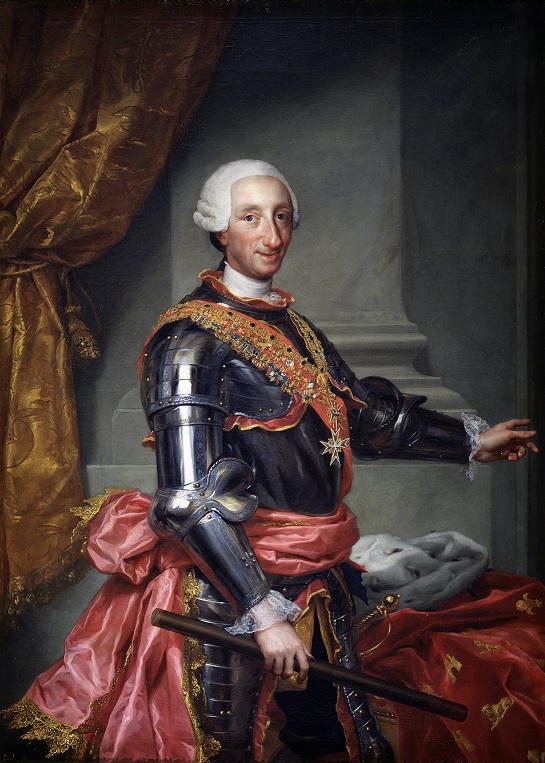
By Michael Scham A major argument in favor of introducing the lottery in Spain (1763) was that it represented a solution to the perennial problem of gambling. From the Middle Ages on, an abundance of tractates, legal documents, moralistic writings and literary works expressed a preoccupation with rampant gambling, in diverse venues, at every level…
-
“La Cuisinière”: The “thieving cook” as lottery player in French nineteenth-century art and literature
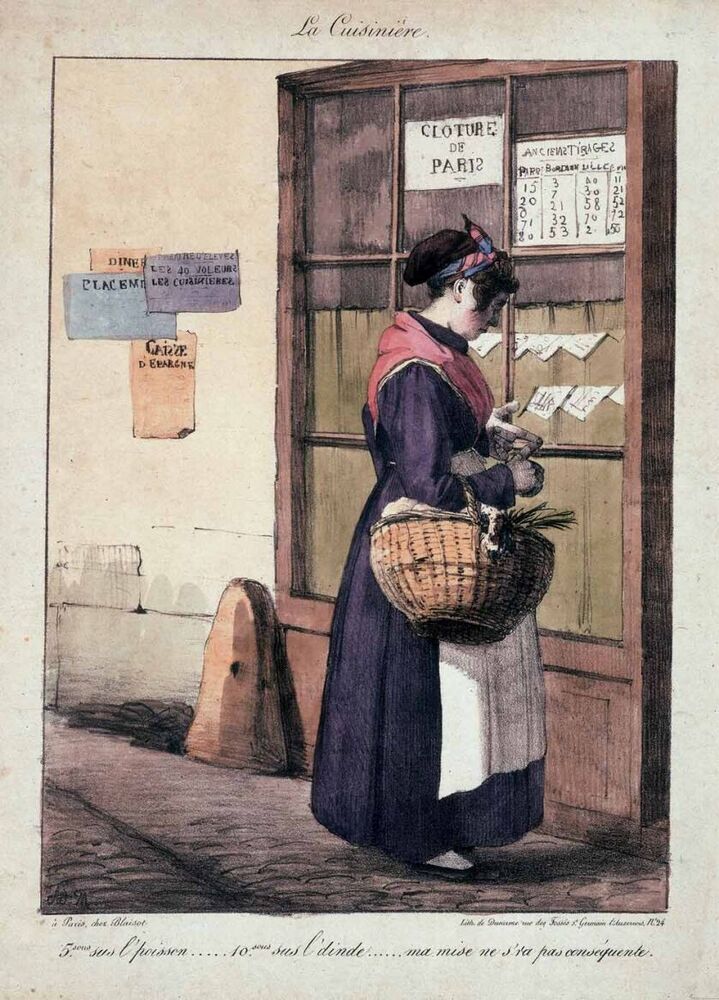
By Marius Warholm Haugen In the French context, the nineteenth-century collective imagination seemed to have developed a typology of different lottery players, of which one recurring type was “la cuisinière”, the cook, reputed for skimming off from her employer’s food budget to pay for the stake. This is the subject for Emmanuel Adolphe Midy’s drawing…
-
Ambivalences and fluctuating perceptions of the game of Lotto in Venice around the middle of the eighteenth century: the examples of Pietro Chiari & Carlo Goldoni
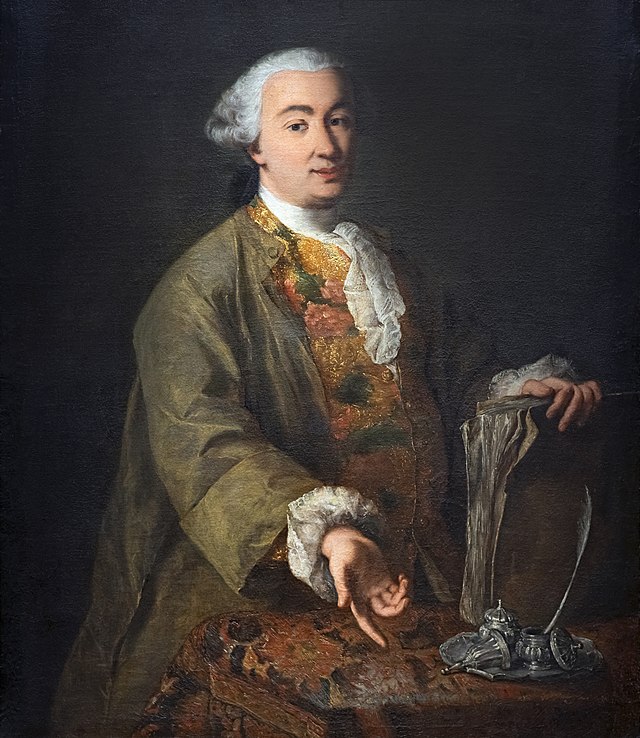
By Angela Fabris (Klagenfurt) When scrolling through some texts published in Venice around the middle of the eighteenth century that deal with the lotto, it is possible to discover a certain ambivalence in the judgment reserved for it; and this is with regard to the choice of numbers, the positive or negative effects resulting from…
-
Playing games with the Dutch state lottery
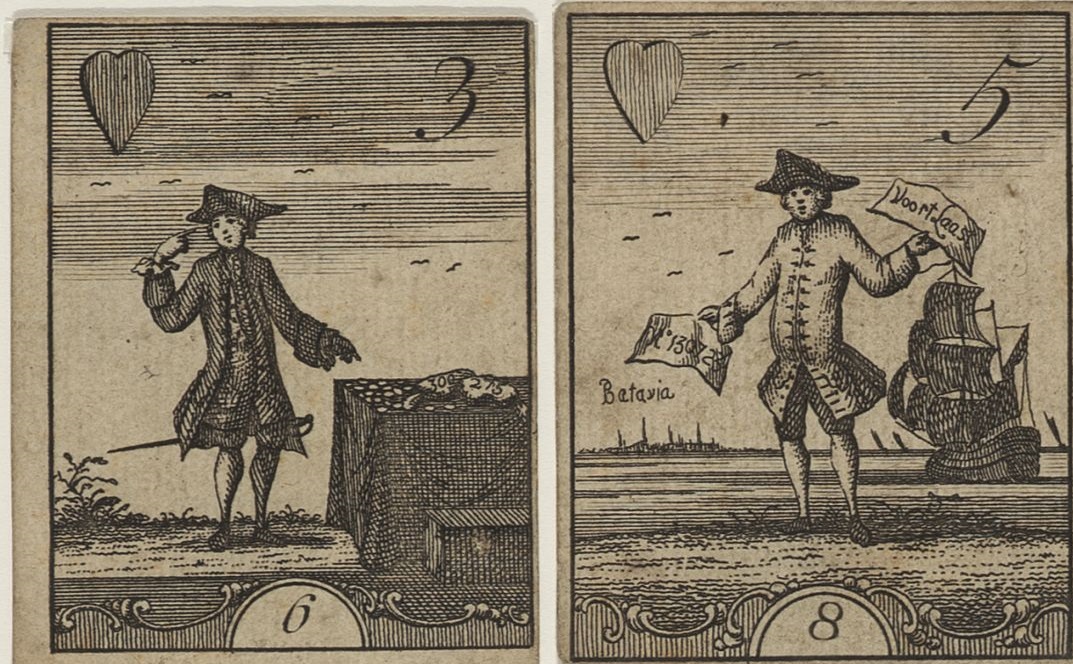
By Jeroen Salman As an off spin of the Dutch Generality (State) Lottery, founded in 1726, all kinds of lottery games flooded the market. The excitement of the lottery fantasy was now transferred to a domestic setting as well. The paper games that have stood the test of time contain intriguing material. They were often…
-
A Christmas tale of the lottery to raise the spirits (or perhaps not)
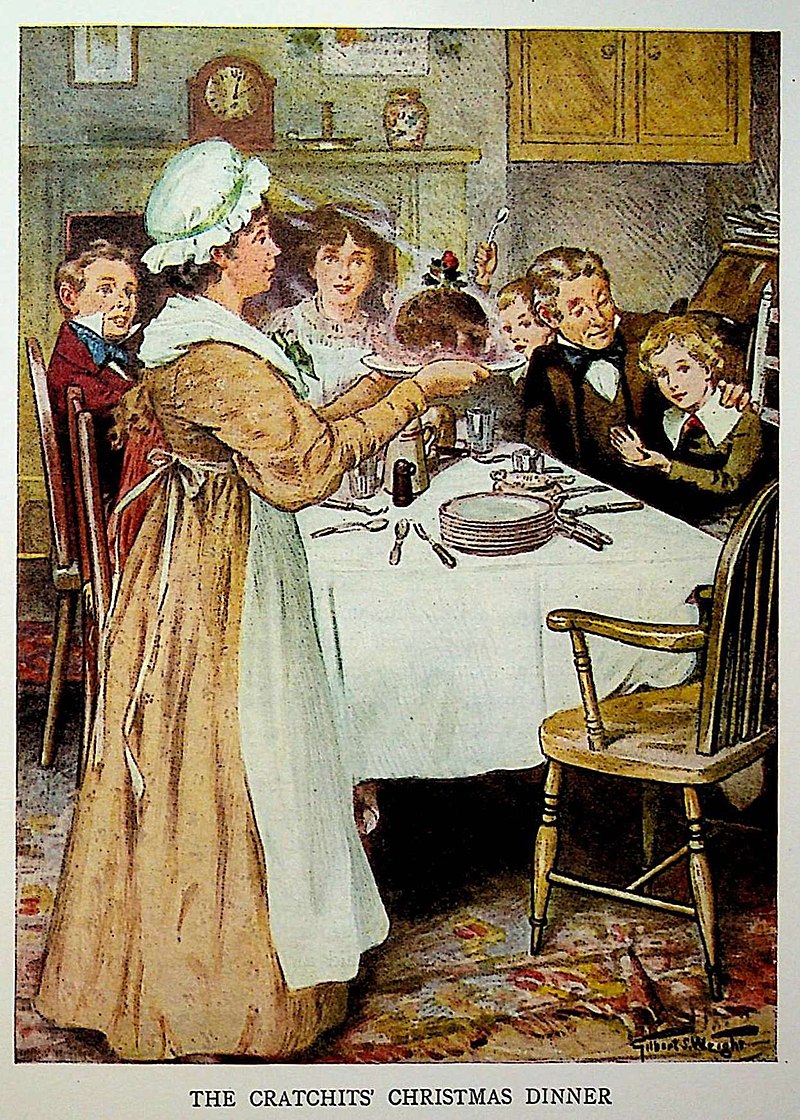
Christmas! A time for giving, a time for helping people in need, a time for those who are blessed with plenty to share with those who have little, not least in these war-torn days with levels of poverty and hunger increasing worldwide. Well, it’s an appealing way of thinking, but it’s not a universally held…
-
Surprise, Surprise: Money was always the greatest prize
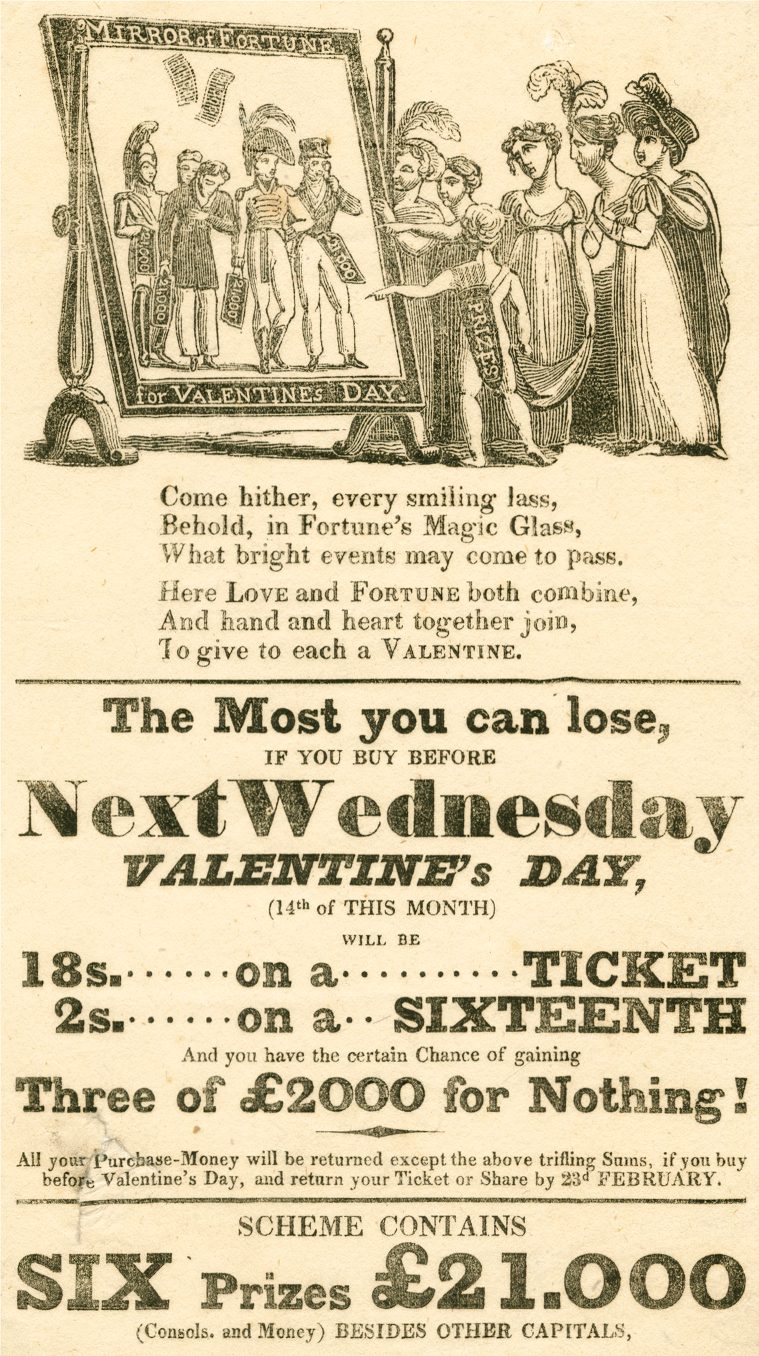
Lottery advertising often employs fictional narratives to motivate real-life outcomes from their audiences. This was true even in 18th and early 19th century England when lottery office owners appealed to the imagination of their patrons to motivate ticket sales. This strategy would involve visualization through text and images of a future fantasy in which the…
-
Ridiculously rich? The Lottery Winner as a Comic and Didactic Type from the 18th Century to the Present
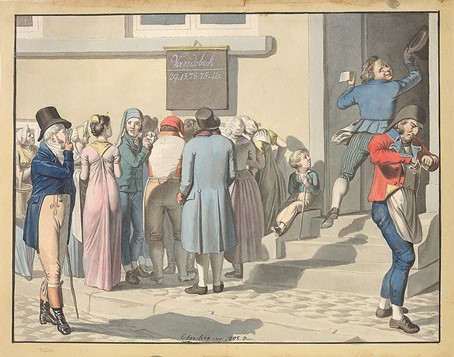
How does one react when suddenly winning a huge prize, and one’s status changes overnight from poor to rich? This is a fantasy most of us have played with, and which the Norwegian national lottery institution, Norsk Tipping, have made into their trademark, through their previously mentioned ad campaigns. In addition, literary fiction provides a…
-
From Casanova to Værdar’n: The Lottery and Lucky Places

The notion of the lucky place is a recurring one in the cultural history of the lottery. That buying your ticket at a particular lottery agent or in a particular town could increase your chances of winning, is an idea that has tempted many a player. For Norwegians living through the late 1990s and early…
-
Hoping for the great prize: European lotteries from the 18th century to our time

Dear readers! In our very first blog post, we are thrilled to introduce our research project entitled The Invention of the Lottery Fantasy. The project is funded by The Research Council of Norway and examines the cultural, political, and financial impact of what we call the lottery fantasy: the idea of sudden, life-changing wealth through the great…